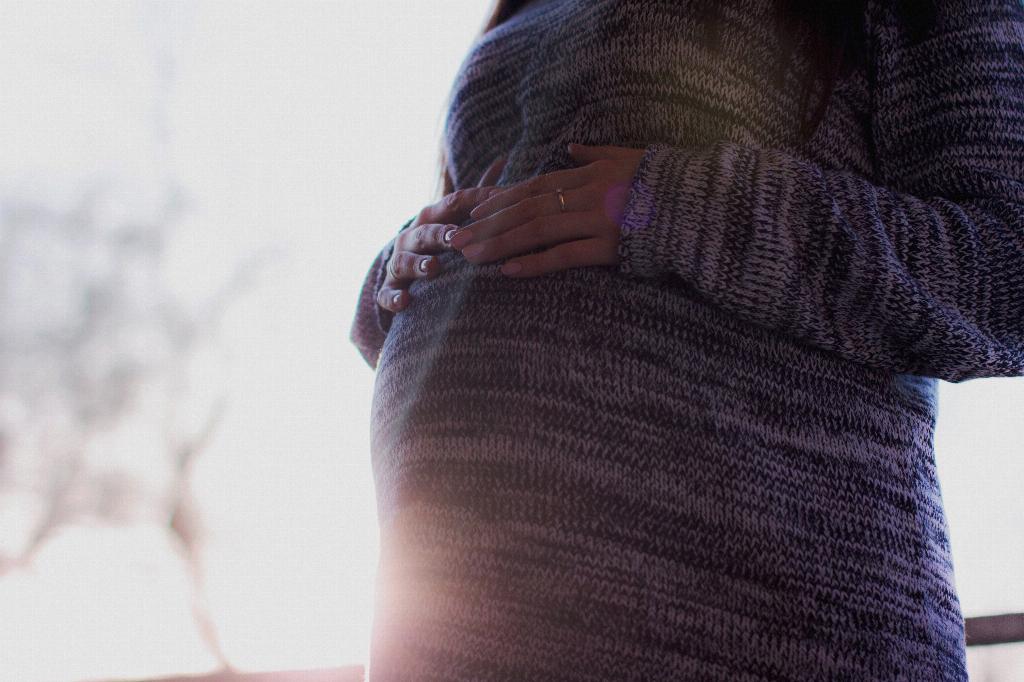When it comes to pregnancy, there are numerous factors that healthcare providers monitor closely to ensure the well-being of both the mother and the developing fetus. One such factor is creatinine levels in the blood, which play a crucial role in indicating renal function and overall health.
Understanding Creatinine Levels and Their Importance
Creaine is a waste product produced by muscles and filtered out of the blood by the kidneys. In pregnant women, creatinine levels can fluctuate due to the physiological changes that occur during gestation. Low creatinine levels during pregnancy may raise concerns and prompt further investigation.
Possible Causes of Low Creatinine Levels in Pregnancy
Lifestyle factors such as diet, hydration status, and muscle mass can influence creatinine levels. Additionally, certain medical conditions like gestational diabetes mellitus (GDM) have been linked to low serum creatinine levels in early pregnancy, as evidenced by a retrospective cohort study.
Implications of Low Creatinine Levels for Gestational Diabetes Mellitus
The study in question found that low serum creatinine levels in early pregnancy were associated with a higher incidence of postpartum abnormal glucose metabolism among women with GDM. This suggests a potential connection between renal function, glucose metabolism, and pregnancy outcomes.
Monitoring and Managing Low Creatinine Levels in Pregnancy
Healthcare providers may monitor creatinine levels throughout pregnancy to assess renal function and identify any potential complications. In cases where low creatinine levels are detected, further evaluation and management strategies may be implemented to ensure optimal maternal and fetal health.
Collaborative Approach to Pregnancy Care
Effective communication between pregnant individuals and their healthcare team is essential in addressing any concerns related to creatinine levels or other health markers. Open dialogue and shared decision-making can lead to better outcomes for both mother and baby.
Importance of Nutritional Support During Pregnancy
A well-balanced diet rich in essential nutrients is crucial during pregnancy to support maternal health and fetal development. Nutrition plays a key role in maintaining healthy creatinine levels and overall well-being throughout the gestational period.
Long-Term Implications of Low Creatinine Levels
While low creatinine levels during pregnancy may raise immediate concerns, it is essential to consider the long-term implications for maternal health postpartum. Follow-up care and monitoring can help identify any lingering effects and inform future health decisions.
Personalized Care for Pregnant Individuals
Each pregnancy is unique, and healthcare providers strive to tailor their approach to meet the specific needs of the individual. By considering factors such as creatinine levels, medical history, and lifestyle, a personalized care plan can be developed to optimize outcomes.
Advancements in Pregnancy Monitoring and Care
Ongoing research and clinical advancements continue to enhance the way pregnancy is monitored and managed. By staying informed about the latest findings and recommendations, healthcare providers can offer the most up-to-date care to pregnant individuals.
Conclusion: Navigating the Complexities of Creatinine Levels in Pregnancy
In conclusion, low creatinine levels in pregnancy can pose potential implications for maternal and fetal health, particularly in relation to conditions like gestational diabetes mellitus. By understanding the significance of creatinine levels and taking a collaborative and personalized approach to care, healthcare providers can ensure the best possible outcomes for pregnant individuals.

